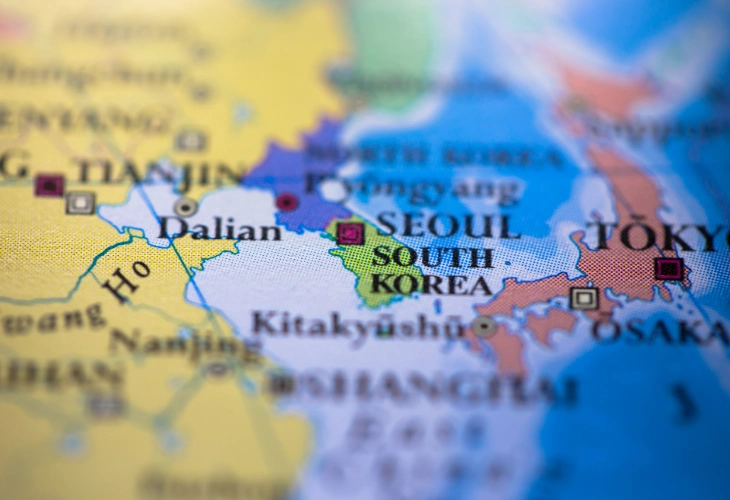Visa to South Korea
99,7%
visa approval rate
700K+
processed applications
24/7
experts by your side

Do you need a visa for South Korea?
Due to a government initiative, many nationalities have been exempted from all visa and K-ETA requirements until the end of 2025. Some of the countries included are Canada, most European Union member states, Australia, the UK and the US. In some cases, this exemption comes with a time limit, but for others it is completely unlimited.
If the nationality of your passport is not part of the exempt countries, you will need to apply for a traditional visa at the nearest South Korean embassy. Some of the visa types available are:
- Ordinary tourist visa: to travel for tourism as a citizen of a nationality ineligible for K-ETA.
- Direct transit visa: only for those traveling in direct airside transit. It only allows the holder to transfer to the connecting flight, it is not valid to explore South Korea.
- Business visitor: for business purposes such as to market research, business meetings, consultation, signing a contract or small-scale international trading.
- For medical tourists: issued to people traveling for medical treatments or recuperation, and their caregivers.
- Working holiday: issued to travelers aged 18-2530. It allows the holder to work in certain fields and travel around South Korea for 1 year.
Who can apply for the K-ETA to South Korea?
How to apply?
Complete the application online
Prepare your passport and fill in our simple online form in 5 minutes.
Receive your K-ETA
We will send you your approved K-ETA within a few days, without you having to go anywhere!
Start your journey
On arrival, show your passport and your approved K-ETA
Common reasons for a rejected application
- Criminal history
- Incomplete documentation
- Overstayed in the country
- Using a previously lost passport
- Overstayed previous visas
You can apply for:
K-ETA
Why choose Visagov
Higher chance of approval
Over 80% of rejections are due to avoidable mistakes. We use AI, OCR and biometrics to reduce errors and ensure your application is approved.
Money-back guarantee
It is unlikely, but it could happen that your application is rejected. In that case, we will refund all the government fees.
Experts by your side
Do you have a question? Write or call us! We are here to help you in every step of the way.
Faster & easier
Official forms tend to be complicated. With us, the entire process is carried out online in a single, simplified form in the language of your choice.
What documents do I need to enter South Korea?
- Passport with enough validity left to cover your entire stay.
- Approved K-ETA or visa depending on the case.
- Completing health and biometric declarations.
- Yellow fever vaccination certificate if traveling from a country with risk of transmission.

















































































































